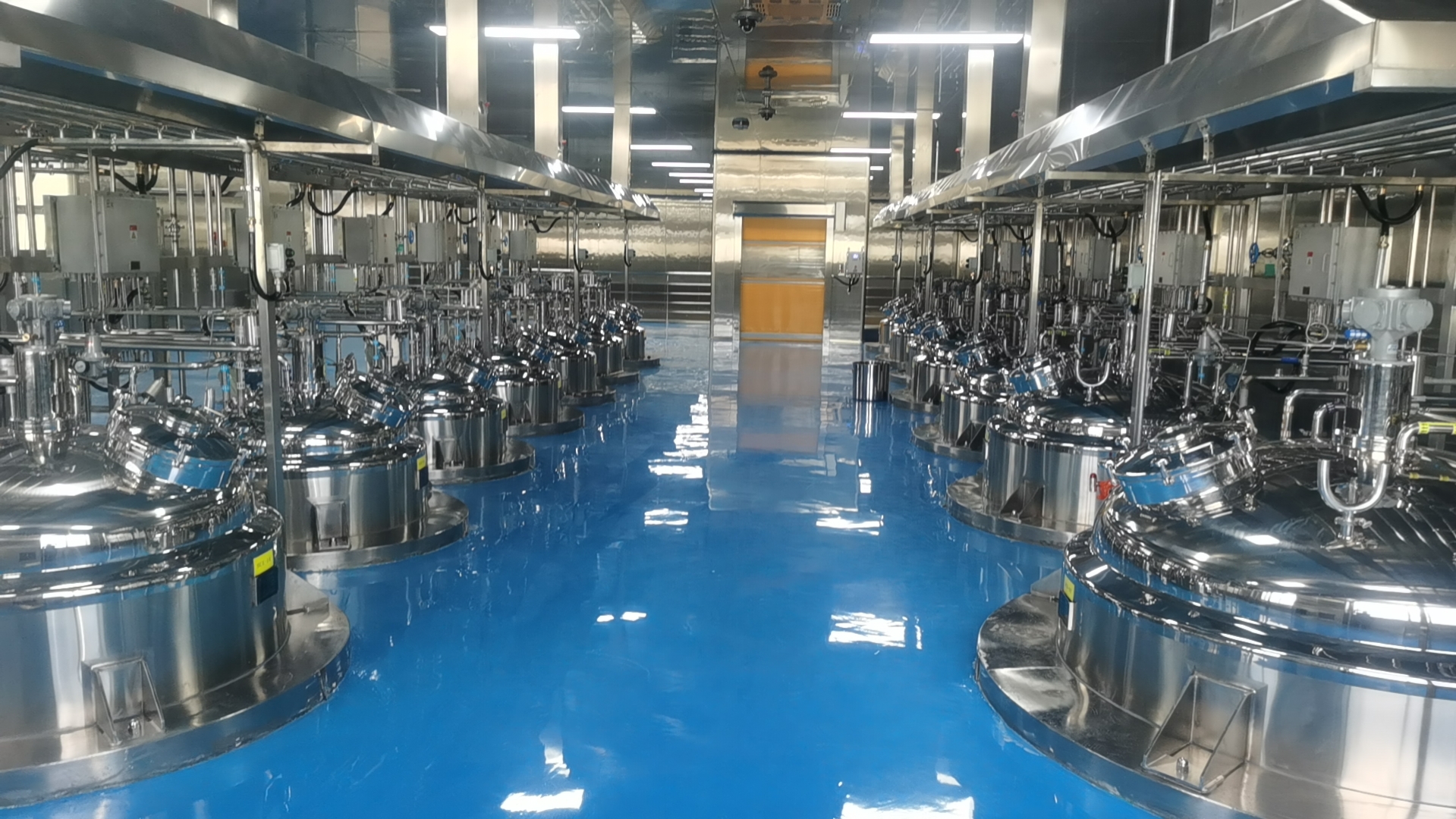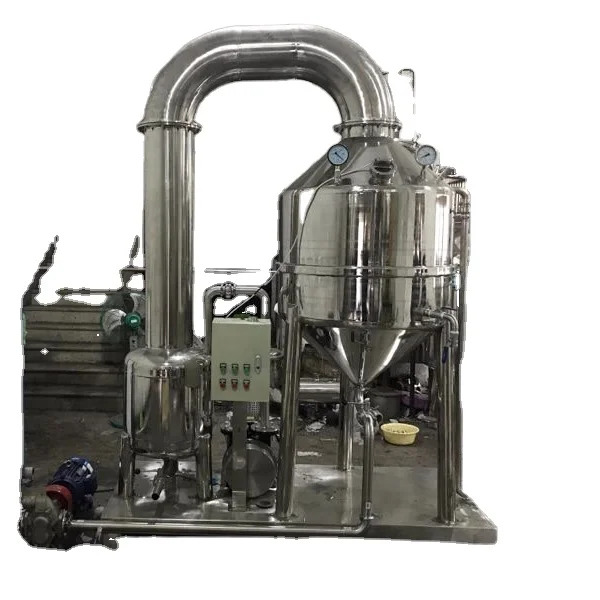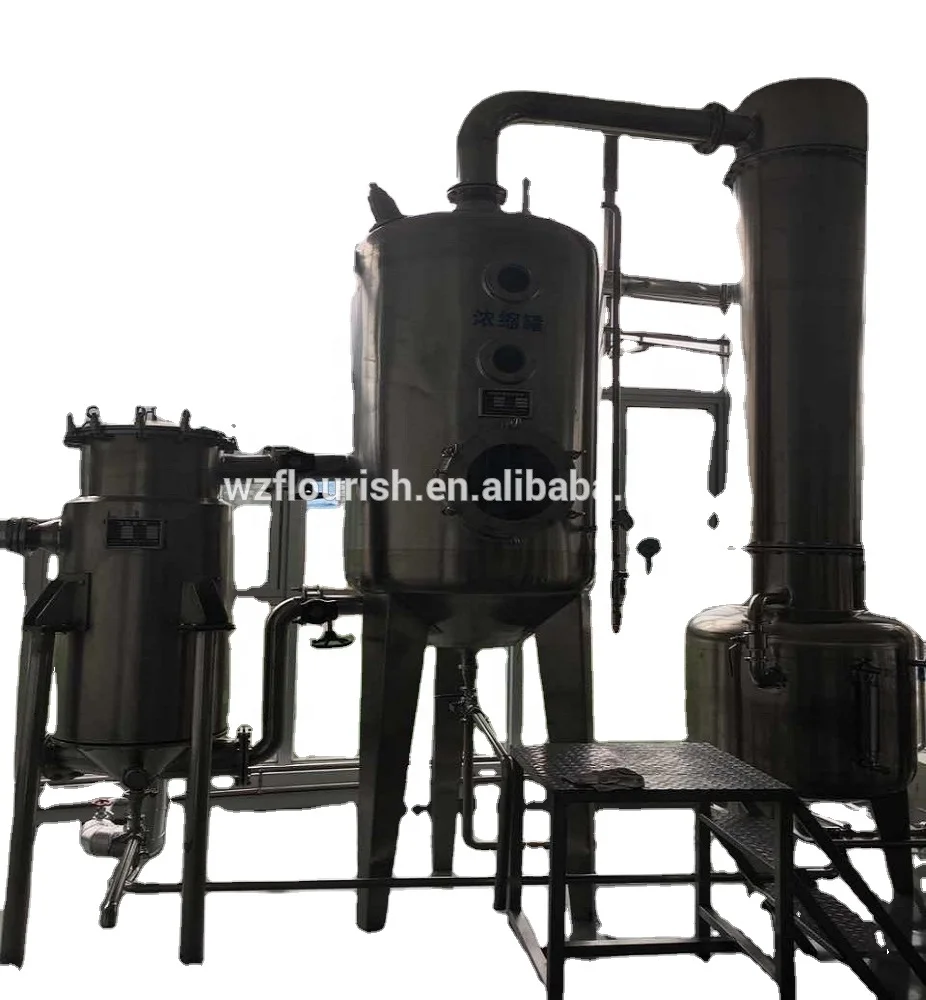
ABOUT
Wenzhou Vince Machinery Science Co., Ltd. was established in early 1980s. Our company covers an area of 6500 square meters and is an independent legal representative firm, possessing rich economic technology strength. Our company is a high tech enterprise and plays an important role in national dairy, foodstuff, pharmacy and machinery industries. We are a beverage machinery supplier.
Since the establishment, our company has mainly engaged in dairy products, foodstuff, beverage machinery, bean products, yellow wine, medicines and fermentation projects. What's more, our company supplies a complete sequence services in manufacturing, installation, test and personnel train, as well as the whole direction service design and consulting service on product project construction or enlargement artistic distribution engineering sets budget.
Fermentation Tanks The Heart of Brewing
Material and Construction
The material of a fermentation tank significantly impacts the final product. Stainless steel is the most common choice due to its hygienic properties, durability, and resistance to corrosion. This ensures the beer remains free from unwanted flavors and the tank lasts for years. Other materials, like glass or wood, are used for smaller batches or specific styles, imparting subtle nuances to the taste.
The construction is equally crucial. Properly designed tanks offer temperature control, crucial for consistent fermentation. Features like cooling jackets, insulation, and pressure release valves are essential for managing the process and preventing accidents.
Size and Shape
The size of a fermentation tank dictates the batch size. From small, homebrewing-sized vessels to massive industrial tanks holding thousands of liters, the scale impacts efficiency and production capabilities.
The shape of the tank also matters. Cylindrical tanks are prevalent due to their efficient use of space and ease of cleaning. However, other designs, like conical tanks, facilitate better sediment collection and easier yeast harvesting.
Role in Fermentation
The fermentation tank provides the controlled environment where yeast thrives, converting sugars into alcohol and carbon dioxide. The tank's ability to maintain temperature, pressure, and cleanliness directly influences the fermentation process, impacting the final flavor profile, aroma, and carbonation of the beverage.
Beyond basic fermentation, some tanks are designed for specific stages like secondary fermentation or maturation, allowing for further refinement of the product before packaging.
SUBSCRIBE
INQUIRY





